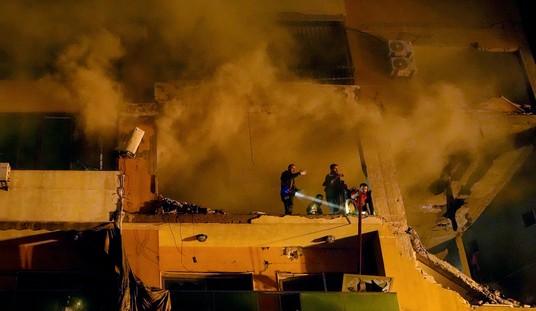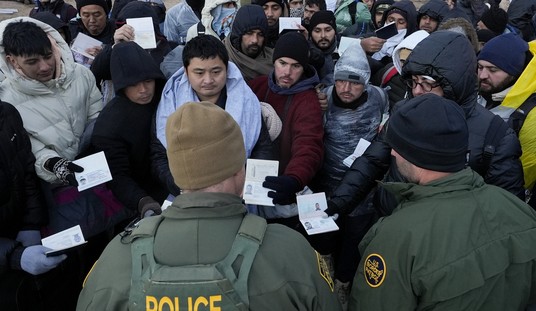In 2015 Northwestern professor Laura Kipnis wrote an article for the Chronicle of Higher Education criticizing Title IX investigations on campus. The response to the article was a forerunner of what we saw at Evergreen State College earlier this year. Students carrying mattresses marched across campus to the president’s office with a petition demanding a “swift, official condemnation” of Kipnis.
In addition, a graduate student who was briefly mentioned but not named in Kipnis’ article filed a Title IX complaint against her claiming the article constituted retaliation. Months later, Kipnis was cleared of any wrongdoing, coincidentally just hours after she published a follow-up article detailing her “Title IX Inquisition.”
That was more than two years ago and in the interim Kipnis has written a book on the topic titled “Unwanted Advances: Sexual Paranois Comes to Campus” which was published earlier this year. The Foundation for Individual Rights in Education offers this description of the book’s contents:
“Unwanted Advances” tracks the events leading up to Kipnis’ first investigation in the spring of 2015 and explores the story of former Northwestern philosophy professor Peter Ludlow, who resigned from his position at the university amid an investigation into his relationships with two Northwestern students.
Ludlow claimed the relationships were consensual. The two students involved alleged that portions of them were not. In her book, Kipnis explores these dueling claims, uncovering what The New York Times calls “a shadow world of Title IX investigations.”
In response, a student involved in the Ludlow case filed a defamation lawsuit and, with a group of other students, launched another Title IX complaint against Kipnis. From the New Yorker:
Kipnis told me that she was surprised when Northwestern once again launched a formal Title IX investigation of her writing. (A spokesperson from Northwestern did not respond to a request for comment by press time.) Kipnis said that investigators presented her with a spreadsheet laying out dozens of quotations from her book, along with at least eighty written questions, such as “What do you mean by this statement?,” “What is the source/are the sources for this information?,” and “How do you respond to the allegation that this detail is not necessary to your argument and that its inclusion is evidence of retaliatory intent on your part?” Kipnis chose not to answer any questions, following the standard advice of counsel defending the court case.
She did submit a statement saying that “these complaints seem like an attempt to bend the campus judicial system to punish someone whose work involves questioning the campus judicial system, just as bringing Title IX complaints over my first Chronicle essay attempted to do two years ago.” In other words, the process was the punishment. Possible evidence of retaliatory purpose, she learned, included statements in the book that aggressively staked out her refusal to keep quiet, expressed in her trademark hyperbole. Her prior Title IX investigation, she writes, “has made me a little mad and possibly a little dangerous. . . . I mean, having been hauled up on complaints once, what do I have to lose? ‘Confidentiality’? ‘Conduct befitting a professor’? Kiss my ass. In other words, thank you to my accusers: unwitting collaborators, accidental muses.” Also presented as possible evidence was her Facebook post quoting a book review—“Kipnis doesn’t seem like the sort of enemy you’d want to attract, let alone help create”—on which Kipnis had commented, “I love that.”
This time the investigation only took a month. The school once again decided that Kipnis had not violated any rules by writing a book critical of a Title IX case that happened at her university. That’s the good news.
The bad news is that someone put together that detailed spreadsheet of quotations from Kipnis’ book and, under its Title IX authority, the university attempted to interrogate her about each statement in detail. Was there no one at the university who recognized this kind of inquisition, especially a second time around, was a bad idea?







Join the conversation as a VIP Member